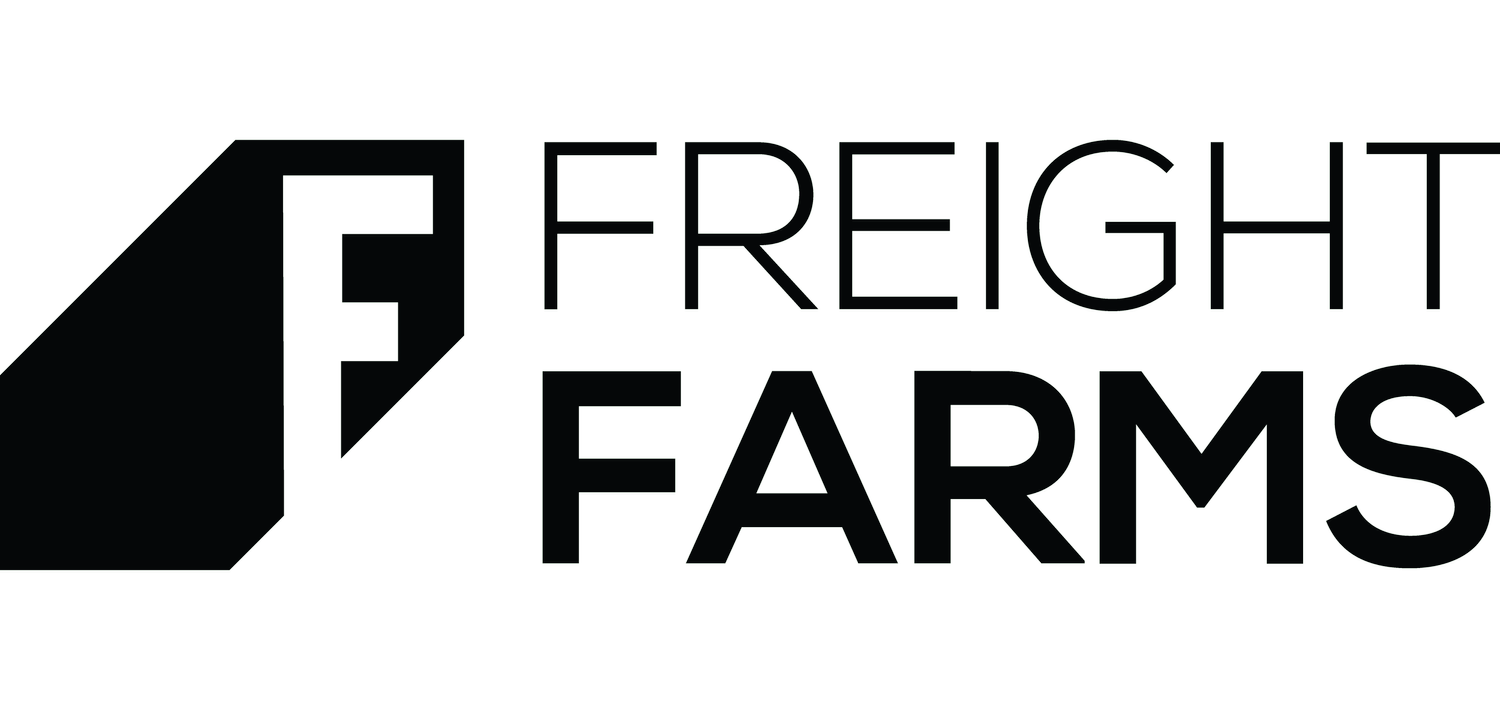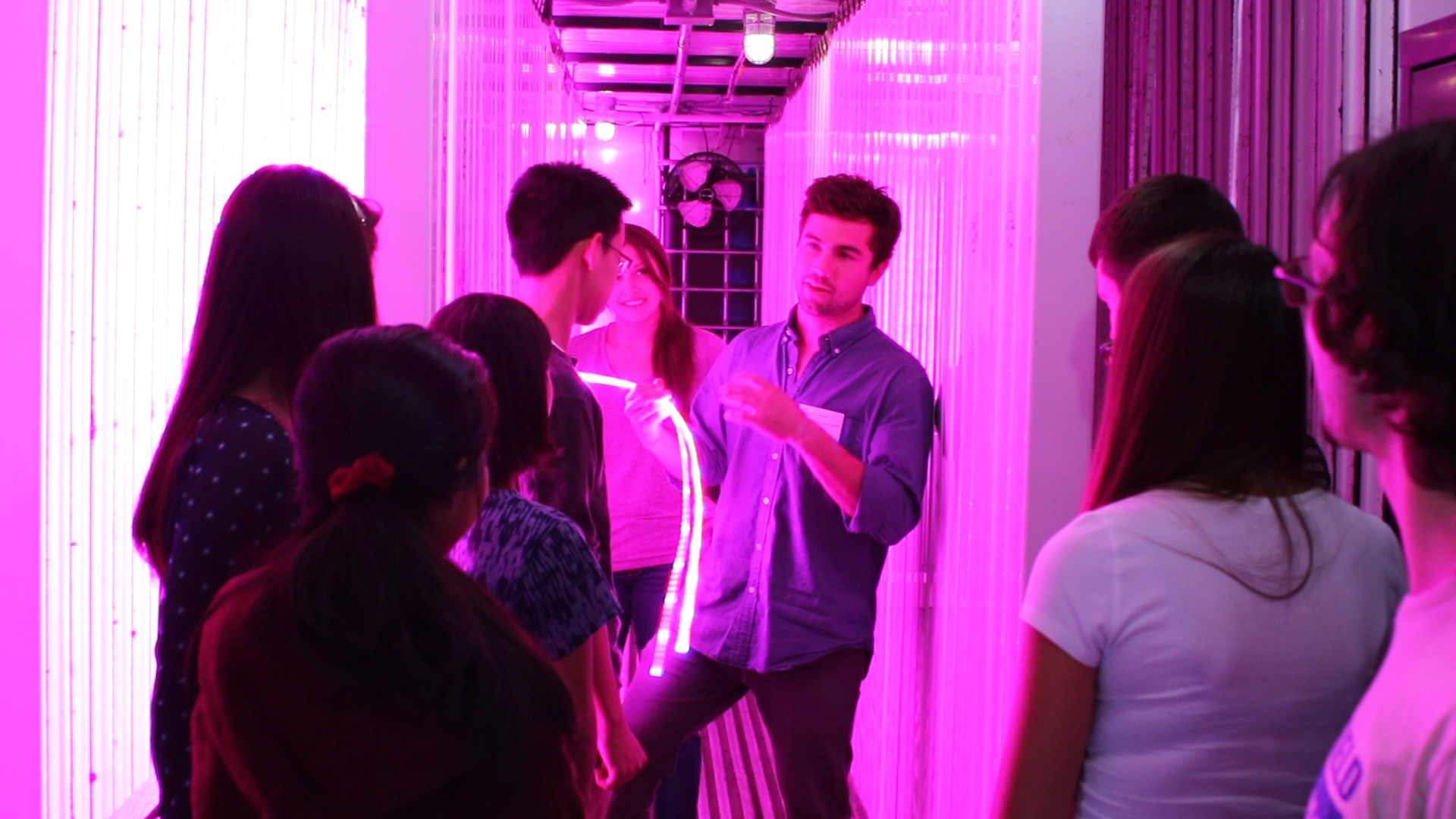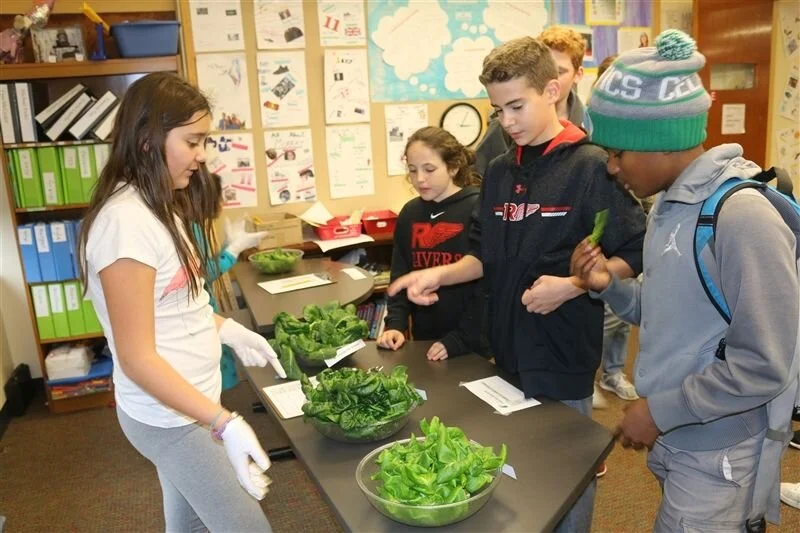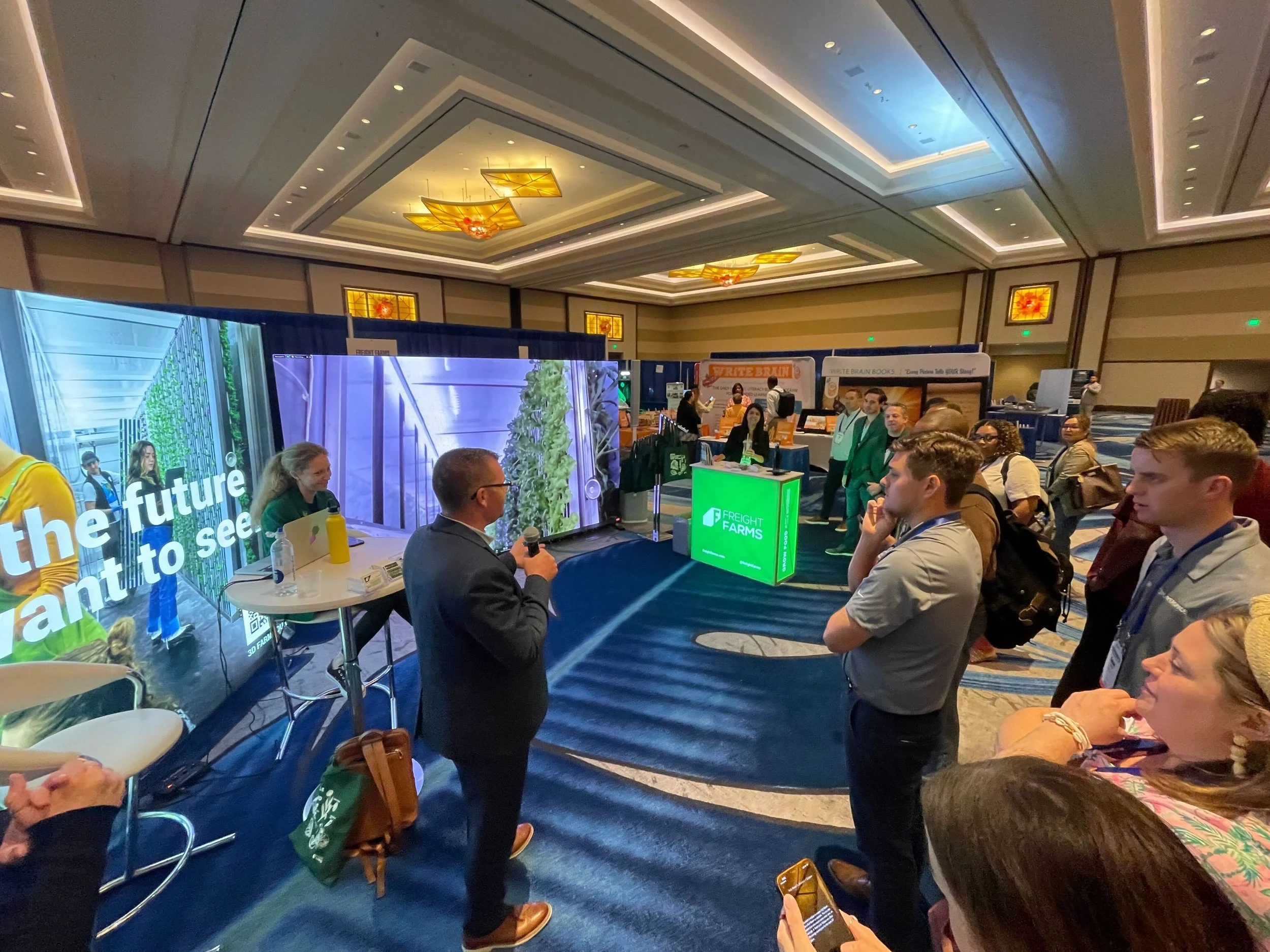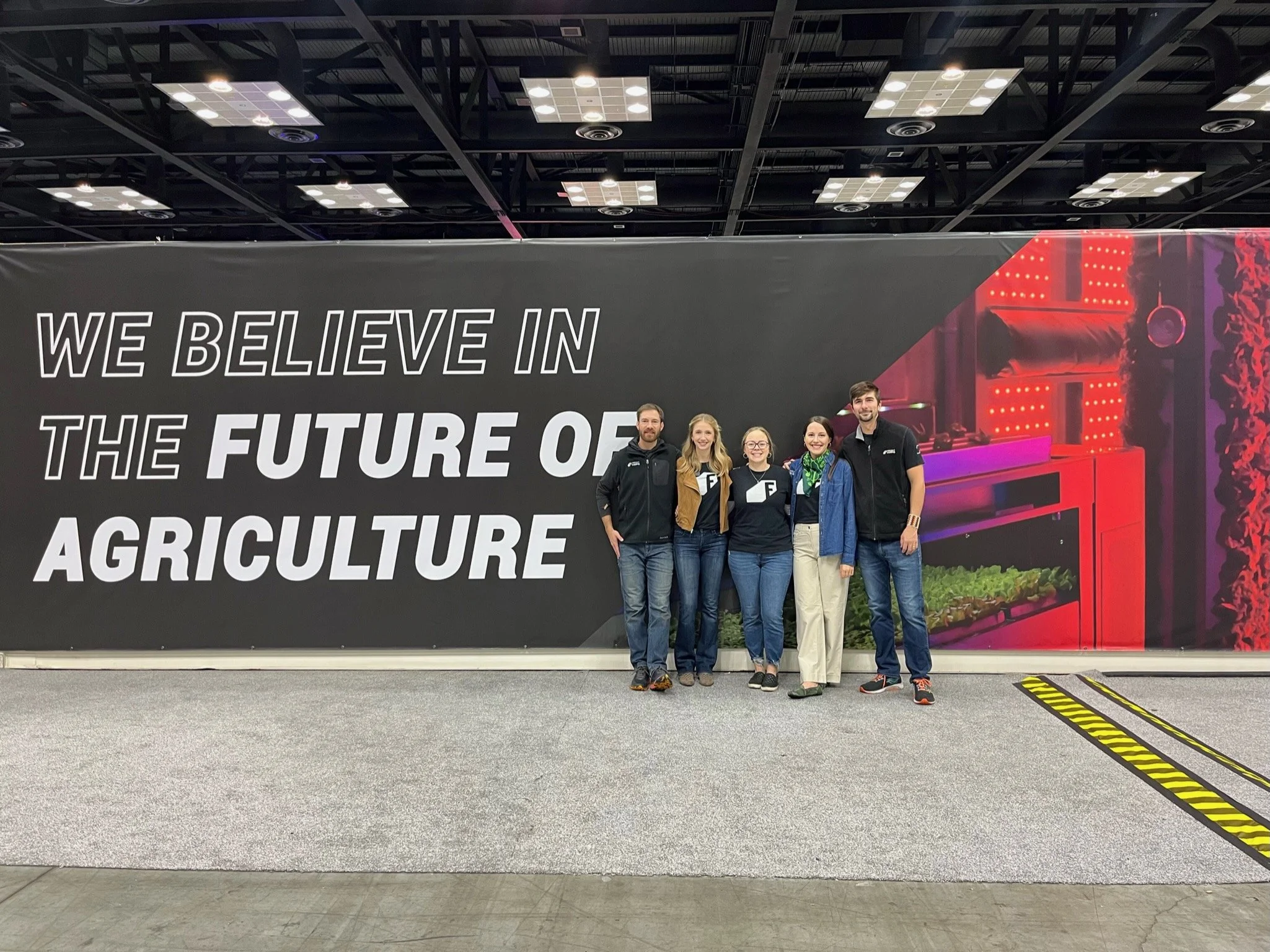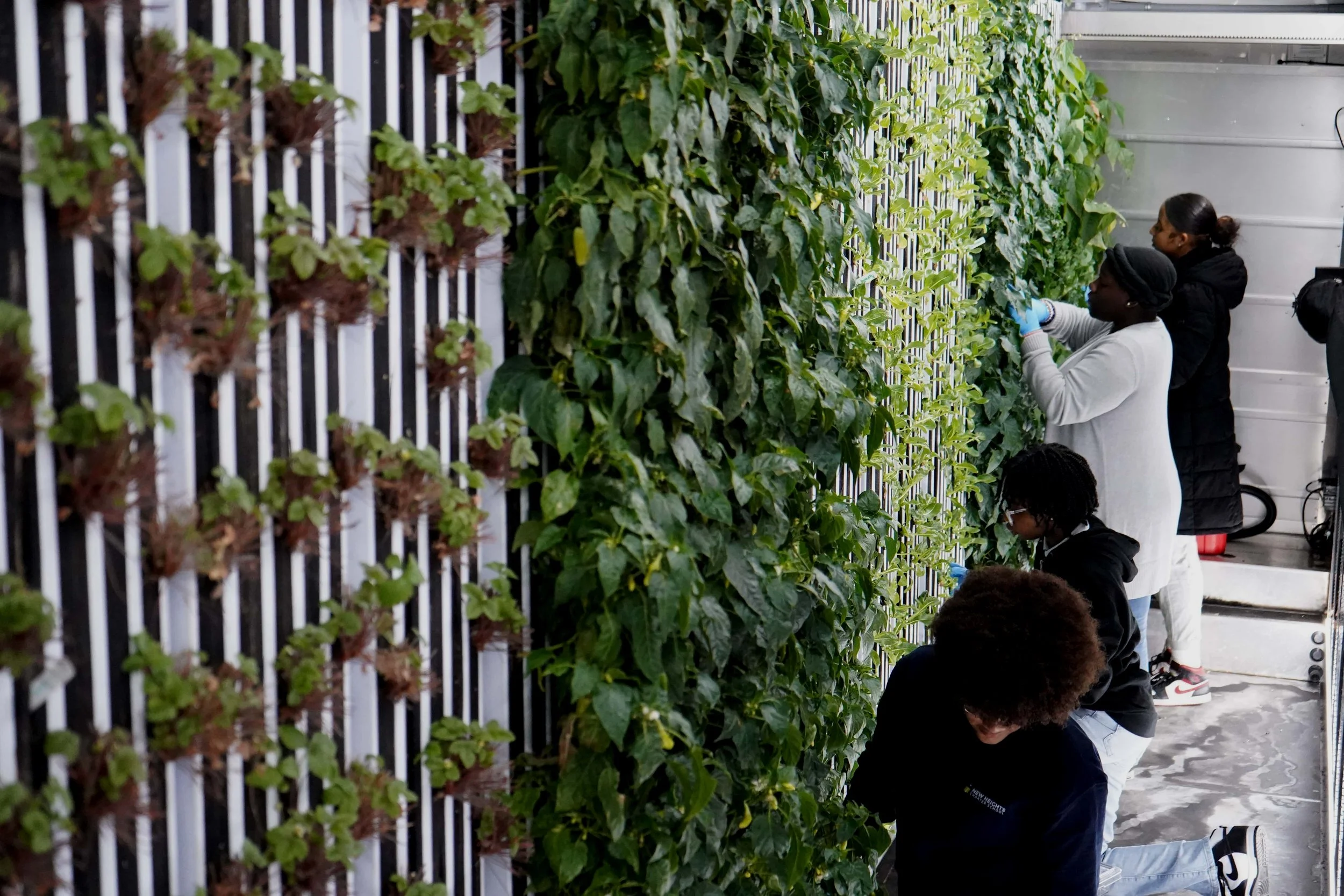Boston Students Get Hands-on Agricultural Experience
If you work in a k-12 school these days you can’t avoid discussions about hands-on and expeditionary learning, systems thinking approach, interdisciplinary teaching, 21st century skills, Science Technology, Engineering and Math (STEM), or STEAM (with Arts added). The Common Core and Next Generation Science Standards are starting to shift the way we teach and schools are responding by training their staff, purchasing engineering technology and creating new partnerships that connect their students with projects in the community.
At Boston Latin School, 7th – 12th grade students in the after school green club, Youth Climate Action Network (YouthCAN), have been pursuing all of these ways of learning since they formed over eight years ago. It wasn’t necessarily intentional, it was because it was fun to take action, they saw visible results and it connected with their passion for sustainability. Things got real though and connected in new ways to classroom teaching when they installed their first Freight Farm in fall, 2013.
I’ve been working closely with BLS YouthCAN since starting with Boston Public Schools in 2011. The students have raised hundreds of thousands of dollars in grants and as a Sustainability Manager with the District, I’ve helped them connect to resources in the administration and in the community to implement their projects. When YouthCAN faculty advisor, Cate Arnold (an 8th grade History teacher) asked me to review their application for the Global Green Schools Makeover Competition I didn’t think they had much of a chance at winning. And when I got word that they were chosen out of 450 applicants to receive a green makeover, I was both excited and scared as I knew that now we had to figure out how to make the projects happen, including installing and maintaining a 40 foot Leafy Green Machine in the heart of the city!
The installation actually went quite smoothly as water was already available and Facilities staff was able to run electrical from the cafeteria to the outside of the building to power the Freight Farm. Phil, Caroline and Brad from Freight Farms were extremely supportive over the last two years, helping to manage the system, train the students and ensure a smooth transition to BLS management.
The students at BLS are now fully engaged in operating their Leafy Green Machine and just this week harvested their first crop of greens which coincided with the launch of their CSA. Talk about hands-on learning, not only are the students becoming experts on the science and engineering of hydroponic agriculture, they are learning the business and responsibility of running a farm! They’ve even launched a website, BLS Leafy Green Machine, to highlight the project and make sure everyone is up to date on its progress.
The ultimate dream of these students however, is to be involved in growing food for their own school lunches. Boston’s food code is outdated and school food service is highly scrutinized but the BLS students believe their produce is as clean and healthy as anything else coming into cafeteria’s across the City. They are working on an operational and food safety plan which will be presented to the City of Boston Inspectional Services and Food Services Departments.
The most inspiring thing about my job is to see students pursuing something they love, learning and building leadership skills and making change in their community all at the same time. The BLS Freight Farm team embodies this passion, learning and action. They have ambitious goals in mind and if they are successful, will be an important step in the transformation of both how we teach science and engineering, as well as how food is grown and served in Boston.
Written by Phoebe Beierle, Sustainability Manager at Boston Public Schools.
